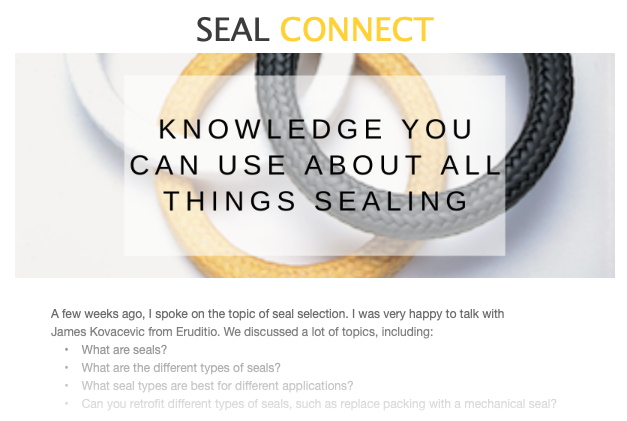Flushing Wipes? Stop!
Amid the current Coronavirus pandemic, stores and supermarkets are struggling to keep toilet paper, paper towels, disinfectant sheets, and “flushable” wipes in stock as concerned citizens stock up on household essentials in preparation of staying at home during quarantine.
However, what many people don’t realize is that these paper products wreak havoc on pumps and wastewater treatment systems from people flushing them down the toilet.
In response to this infrastructure issue, public agencies are urging people to instead throw them away in the trash and warning that not doing so risks blockages and costly damage to sewer systems.
Please do not flush the disinfectant wipes, they belong in the garbage. By flushing the wipes they clog the pipes and pumps that are essential to the operation of the wastewater system & this then leads to time consuming maintenance. pic.twitter.com/ZQeV194CCL
— Dan Mathieson (@Danmathieson) March 23, 2020
Flushing Wipes Causes Wastewater Issues
Many cities all over the country use centralized sewage collection systems that rely on gravity and water flow to move along waste. While toilet paper dissolves in those systems, wipes and paper towels don’t break down so easily.
According to a release from the California Water Resources Control Board, “”Flushing wipes, paper towels and similar products down toilets will clog sewers and cause backups and overflows at wastewater treatment facilities, creating an additional public health risk in the midst of the coronavirus pandemic.”
Learn more about how wipes and other nonflushable items are impacting wastewater systems amid COVID-19 concerns in this Q&A from Pumps & Systems.
“Flushable” Wipes Belong in the Trash, Not Your Toilet
A shortage in toilet paper due to panic buying could mean that people have turned to using flushable wipes. But some water professionals caution that “flushable wipes” and disinfecting wipes in general, aren’t flushable at all.
According to the New York City Department of Environmental Protection, wipes can cause damage to sewer systems and equipment even if they are labeled “flushable” or “septic-safe.”
Many wipes are made of synthetic materials. When those are combined with other personal hygiene products that are flushed and grease that is often poured down the drain, these concoctions create a plumbing nightmare that waste workers call “fatbergs.”
Use the Trashcan
One issue with nonflushable wipes ending up in the toilet and, later on, in wastewater systems is that people are accustomed to disposing of flushable wipes this way.
But because people often flush all kind of wipes, it’s hard to determine whether “flushable wipes” are indeed safe.
In response to the damage being done to pumps, pipes, and wastewater treatment systems all over the country, Washington Governor Inslee signed HB 2565 — a law intended to address the “Do Not Flush” labeling of certain disposable wipes.
According to WaterWorld.com, the law requires packages of these wipes to carry prominent “Do Not Flush” labeling to help guide consumers to dispose of them appropriately in the trash.
“Baby wipes, cosmetic wipes and other disposable wipes provide tangible benefits to consumers, while hard surface antibacterial and disinfecting wipes are an indispensable tool for household cleaning and reducing exposure to viruses impacting public health as we’ve seen recently. However, unlike wipes labeled ‘flushable,’ these kinds of wipes were not designed nor marketed to be disposed in the toilet,” said INDA’s President Dave Rousse to WaterWorld.com.
Regardless of whether certain wipes are labeled as flushable or “Do Not Flush,” there’s no denying the best way to combat the inevitable plumbing and sewage issues is to simply throw these products away in the trash can rather than flushing them down the toilet.
Keep it simple, and heed this advice — save your pipes; don’t flush wipes.
 SEAL CONNECT
SEAL CONNECT Find Your Sealing Solution
Find Your Sealing Solution